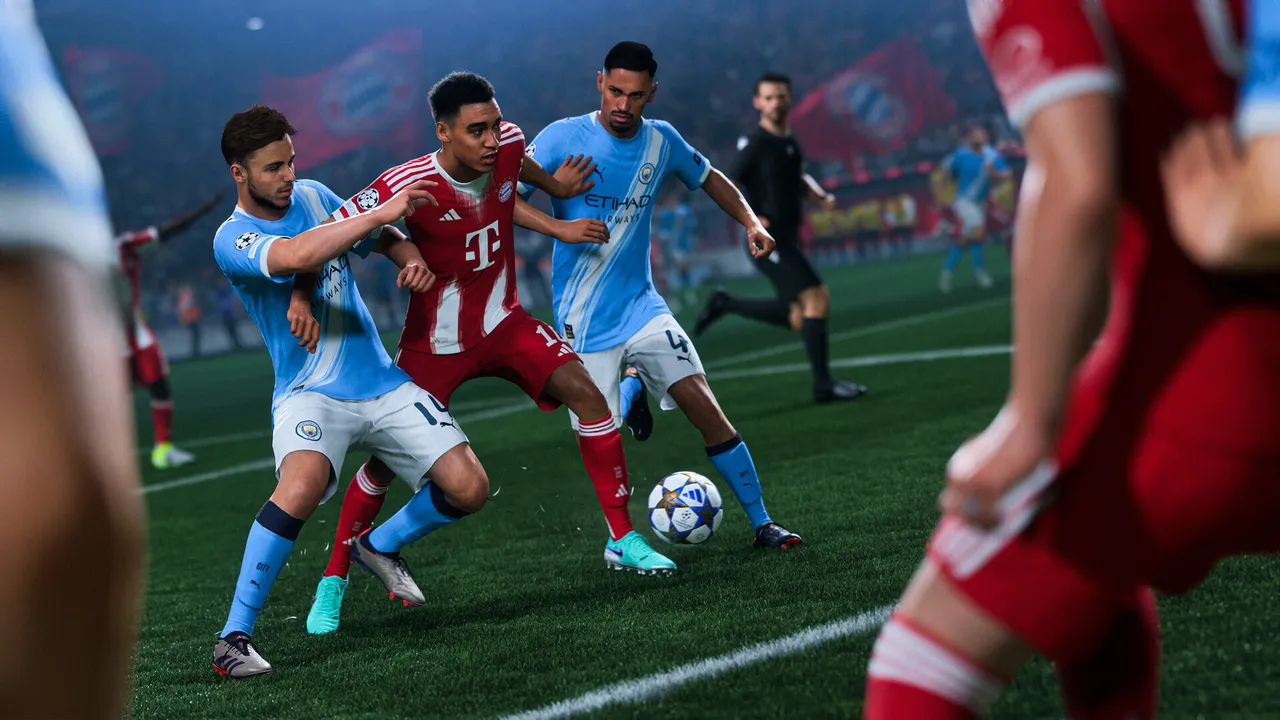Disabling Call of Duty's skill-based matchmaking makes players leave more often, Activision study reveals

Activision has released a new study after secretly altering Call of Duty's controversial skill-based matchmaking system, revealing that players were not pleased with the changes, despite public criticism of the system.
The details:
In a 25-page report released last week, the publisher revealed that it conducted a secret experiment inside Modern Warfare 3 earlier this year, reducing the effects of SBMM for players in order to study the impact it had on the experience. The changes to SBMM were gradual and monitored, with the final verdict being that, despite many complaints about the system, many seemed to dislike its removal, resulting in "more quitting, less playing, and more negative blowouts".
According to the paper, half of the game's North American player base took part in the "Deprioritise Skill Test." During the test, the top 10% of players in terms of skill seemed to return to the game more frequently than before, while the remaining 90% played fewer games. Although this appears to be a good thing for those who are better at the game, Activision warns that the removal of SBMM may result in players quitting completely, causing the playerbase to shrink and the top 10% to become top 20%, if not top 30%.
Activision also stated that it carried out another test where it tightened SBMM limits, which resulted in the opposite outcome, with high-skill players leaving more frequently and lower-skill players staying longer.
SBMM has become an ongoing debate in the COD community in recent years, with streamers and high-skill players claiming that it makes playing public matches "unplayable" due to its focus on creating balanced matches that end up being overtuned. It is believed that this causes players to have less consistent games, with one good match leading to a handful of more difficult games in order to keep people interested.
More gaming news:
Dragon Age: The Veilguard will have 140,000 lines of dialogue spread across 700 characters, up from 88,000 in Inquisition.
Starfield's second expansion could be titled "Starborn" based on a recent trademark filing by Bethesda.
 1v1Me
1v1Me
 Fresh Vintage
Fresh Vintage
 DatHost
DatHost
 Rockstar Games
Rockstar Games
 Aftershock Media Group
Aftershock Media Group
 Respawn Entertainment
Respawn Entertainment
-
 Nintendo shadow drops Xenoblade Chronicles X: Definitive Edition Switch 2 upgrade
Nintendo shadow drops Xenoblade Chronicles X: Definitive Edition Switch 2 upgrade -
 EA receives permission from commentator to generate EA FC 26 voice lines using AI
EA receives permission from commentator to generate EA FC 26 voice lines using AI -
 Destiny 2's Shadow and Order update has been delayed by several months, Bungie announces
Destiny 2's Shadow and Order update has been delayed by several months, Bungie announces -
 Mewgenics sells over one million copies in just a week, exceeding developer expectations
Mewgenics sells over one million copies in just a week, exceeding developer expectations -
 Skyrim finally receives performance and quality modes on the Nintendo Switch 2, addressing frame rate issues
Skyrim finally receives performance and quality modes on the Nintendo Switch 2, addressing frame rate issues -
 Call of Duty: Warzone Mobile is shutting down in April, Activision confirms
Call of Duty: Warzone Mobile is shutting down in April, Activision confirms -
 Hasbro shuts down G.I. Joe game developer Atomic Arcade, Snake Eyes project not cancelled
Hasbro shuts down G.I. Joe game developer Atomic Arcade, Snake Eyes project not cancelled -
 .hack//Z.E.R.O. announced by developer CyberConnect2
.hack//Z.E.R.O. announced by developer CyberConnect2 -
 Valve confirms Steam Deck stock shortages amid AI-fuelled memory and storage crisis
Valve confirms Steam Deck stock shortages amid AI-fuelled memory and storage crisis -
 God of War creator criticizes new 2D action title Sons of Sparta
God of War creator criticizes new 2D action title Sons of Sparta -
 Nintendo continues war against Switch emulators with several new DMCA takedowns
Nintendo continues war against Switch emulators with several new DMCA takedowns -
 Former Sega president and console designer Hideki Sato has passed away
Former Sega president and console designer Hideki Sato has passed away